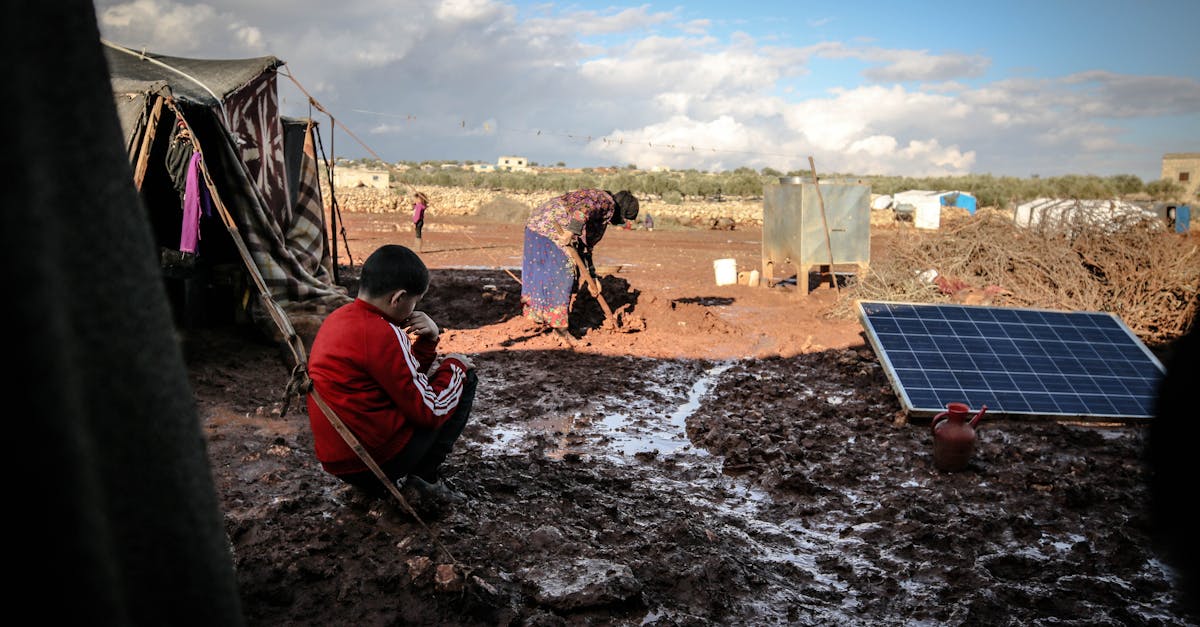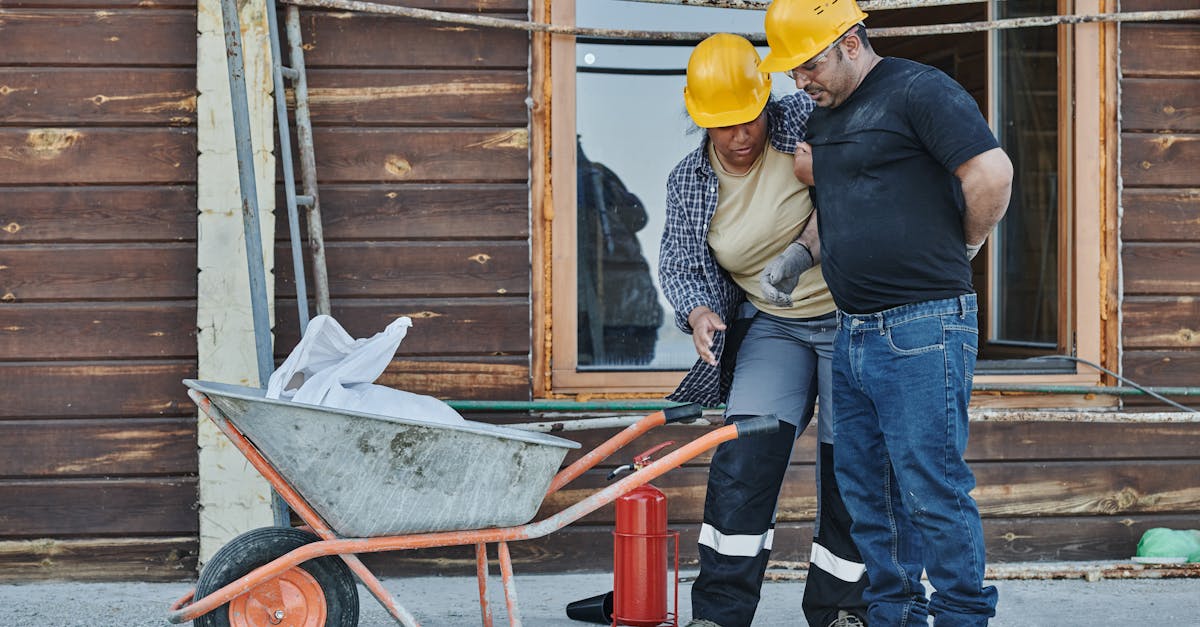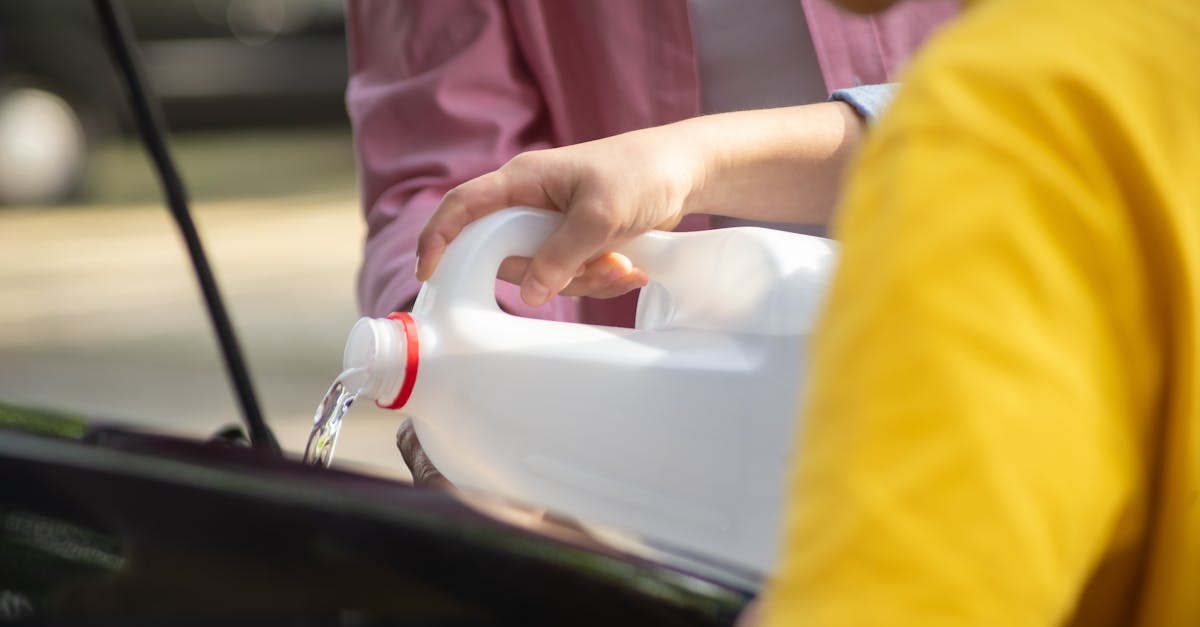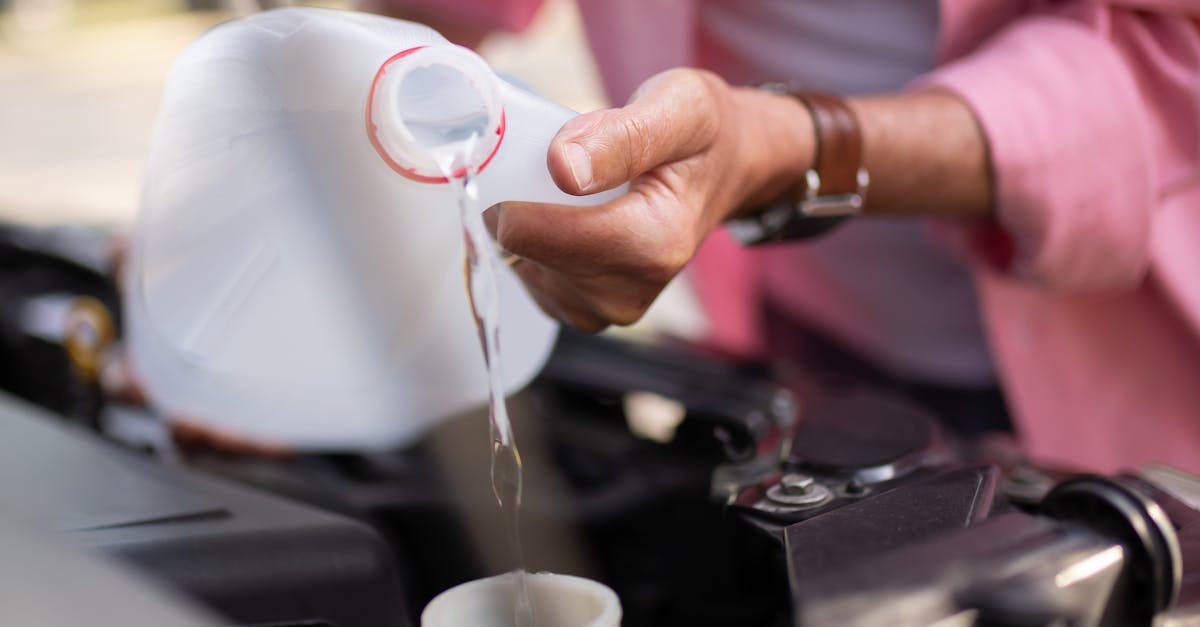
Table Of Contents
Maintenance Tips for Hot Water Tanks
Regular maintenance of hot water tanks is crucial for ensuring longevity and efficiency. Conducting routine inspections allows homeowners to identify potential issues before they escalate. Checking for signs of corrosion, leaks, or unusual noises can save a lot of stress. Flushing the tank periodically removes sediment build-up, which can affect heating efficiency and result in higher energy bills. Additionally, checking the temperature and pressure relief valve ensures that your system operates safely and within limits.
Homeowners should be aware of the common signs that may indicate a need for emergency hot water repair. Low water pressure, inconsistent heating, or discoloured water can signal underlying problems that require immediate attention. Keeping an eye on these warning signs can help prevent costly repairs down the line. Remember to document any observed issues, as having detailed information will aid professionals in diagnosing problems more efficiently.
Ensuring Longevity and Efficiency
Regular maintenance is crucial for extending the life of your hot water tank and ensuring it operates efficiently. Routine inspections can help identify issues before they escalate into costly problems. Flushing the tank at least once a year removes sediment build-up, which can lead to decreased efficiency and increased energy costs. Additionally, checking the anode rod regularly prevents corrosion, thereby enhancing the tank’s longevity and performance.
Being proactive about these maintenance tasks reduces the likelihood of sudden failures. An unexpected breakdown could necessitate an emergency hot water repair, leaving you without essential hot water. Keeping up with regular servicing not only avoids these urgent situations but also contributes to the overall efficiency of your system. A well-maintained hot water tank lowers utility bills and provides reliable access to hot water for everyday needs.
Cost Implications of Hot Water Tank Repairs
The costs associated with repairing a hot water tank can vary significantly based on the nature of the issue and the parts required. Simple repairs, such as replacing a thermostat or valve, may be relatively inexpensive. More severe problems, like tank leaks or issues with the heating element, can lead to higher expenses due to both parts and labour. It's crucial to prepare for potential repairs, as neglecting minor issues can result in more extensive damage over time.
In cases where the hot water system fails unexpectedly, homeowners may face the prospect of emergency hot water repair. Such emergencies often require immediate attention, which can drive up costs due to the urgency and possible need for specialist services. Being proactive with maintenance can help reduce these sudden expenses and ensure the hot water system operates efficiently over its lifespan.
Budgeting for Unexpected Issues
Anticipating costs associated with unforeseen repairs is crucial for homeowners. Hot water tanks can develop faults at the most inconvenient times, often resulting in emergency hot water repair situations. Setting aside a dedicated budget for such emergencies can alleviate financial stress and ensure that immediate repairs can be addressed without delays. This proactive approach not only saves on potential long-term costs but also promotes peace of mind regarding household maintenance.
Understanding the common issues that can arise with hot water systems is essential when budgeting for repair costs. Regular maintenance helps identify potential problems early, reducing the likelihood of costly emergency hot water repair bills. Homeowners should research local services to gauge average repair costs, ensuring that they can respond promptly if an issue occurs. Having a financial cushion in place can make all the difference in managing unexpected expenses, allowing for an efficient resolution to any hot water system troubles.
DIY Troubleshooting for Hot Water Tanks
When facing issues with your hot water tank, there are a few basic steps to consider before reaching out for an emergency hot water repair. First, check the power supply if you have an electric unit. Ensure that the circuit breaker hasn't tripped, and inspect connections for any signs of wear. For gas-operated tanks, confirm that the gas supply is intact and that the pilot light is lit. Addressing these simple factors may resolve any concerns without needing professional assistance.
Leaking tanks can indicate a more significant problem requiring urgent attention. Begin by identifying the source of the leak. Examine the drain valve, the connection points, and the tank itself for moisture. Tightening loose fittings may stop minor leaks. If the tank continues to leak despite your efforts, contacting a specialist for an emergency hot water repair is essential to avoid further damage or water loss. Regular inspections can also help prevent surprises when it comes to leaks or other issues.
Basic Steps Before Calling a Professional
Before reaching out to a professional for emergency hot water repair, there are a few basic troubleshooting steps you can take. First, inspect the power supply to ensure the unit is receiving electricity. For electric hot water tanks, check if the circuit breaker has tripped or if there’s a blown fuse. For gas units, verify that the gas supply is turned on and that the pilot light is lit. Assessing these fundamental aspects can often reveal simple issues that can be resolved without needing professional assistance.
Next, examine the tank for leaks or unusual noises. Small puddles around the base may indicate a leak, while banging or hissing sounds could signal problems with the heating element or sediment buildup. If you notice any of these symptoms, you can gather essential information for the technician when you do call. Taking these initial steps can help you ascertain the severity of the problem, potentially saving you time and money during an emergency hot water repair.
FAQS
What should I do if my hot water tank is leaking?
If your hot water tank is leaking, it's important to turn off the power supply and the water supply to prevent further damage. Contact a licensed plumber or technician immediately to assess the situation.
How can I tell if my hot water tank needs urgent repairs?
Signs that your hot water tank may need urgent repairs include consistent leaks, a lack of hot water, unusual noises, or a strong smell of gas. If you notice any of these issues, it’s best to seek professional help as soon as possible.
Are there any indicators that my hot water tank is about to fail?
Yes, some indicators include rust or corrosion on the tank, water stains around the base, fluctuating water temperatures, or unusual noises. If you notice these signs, consider having your system inspected.
Can I fix a hot water tank myself?
While some minor issues can be addressed with DIY methods, such as flushing the tank or replacing the thermostat, it's generally recommended to consult a professional for significant repairs to ensure safety and compliance with regulations.
Is it expensive to repair a hot water tank?
Repair costs can vary widely depending on the issue and the age of the tank. Basic repairs may be relatively inexpensive, while major repairs or replacements could be quite costly. It's wise to budget for unexpected repairs to avoid financial strain.





























